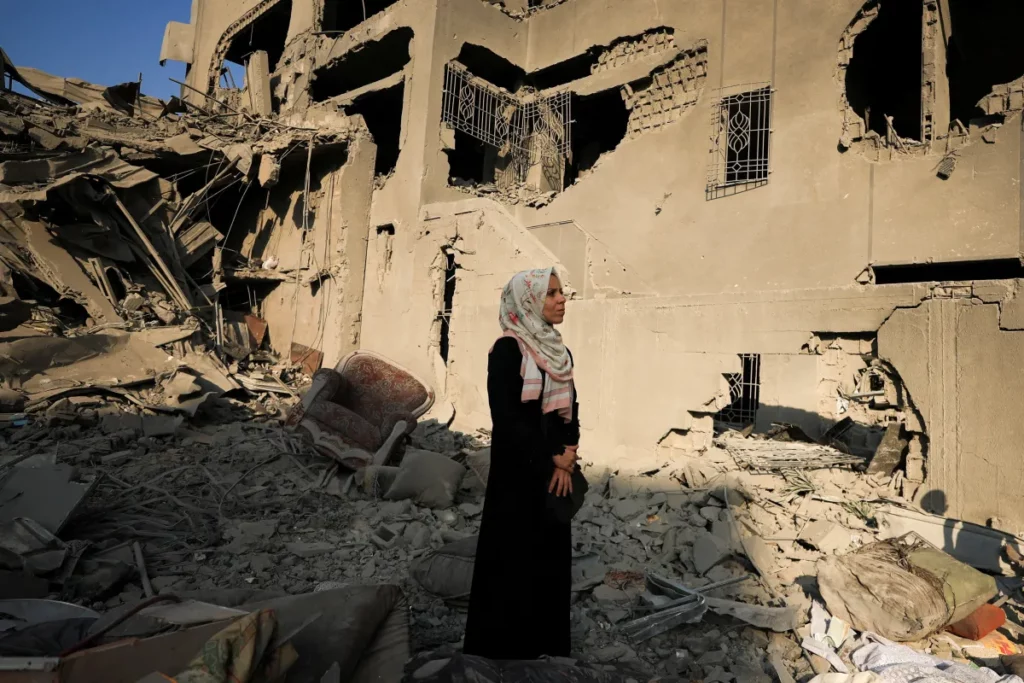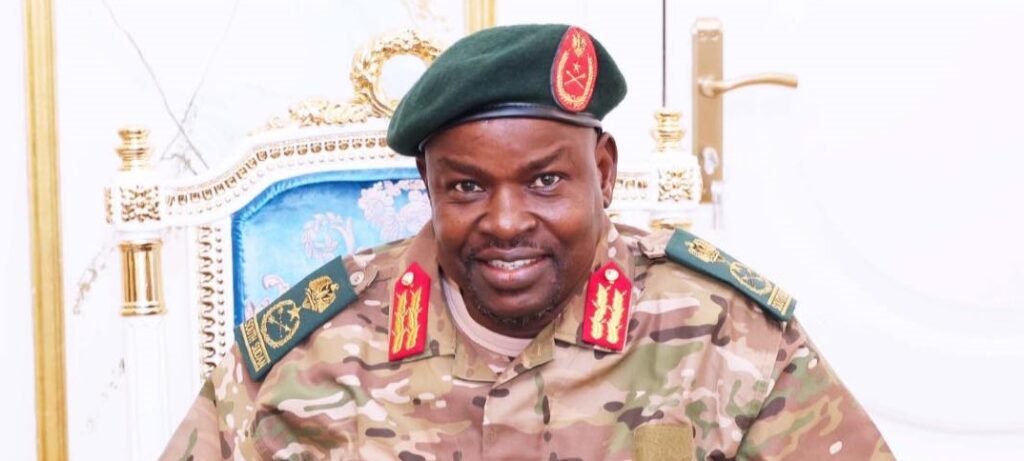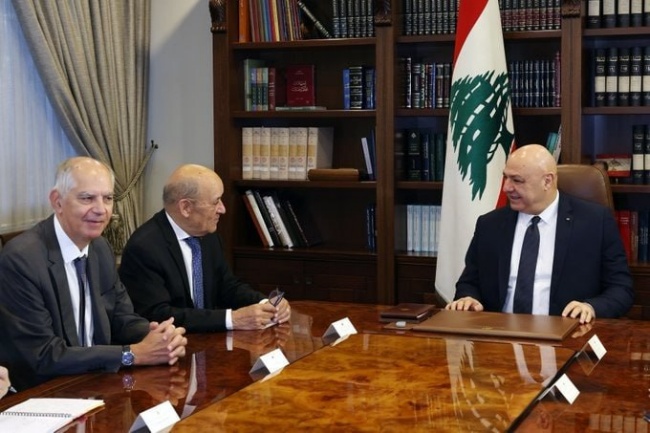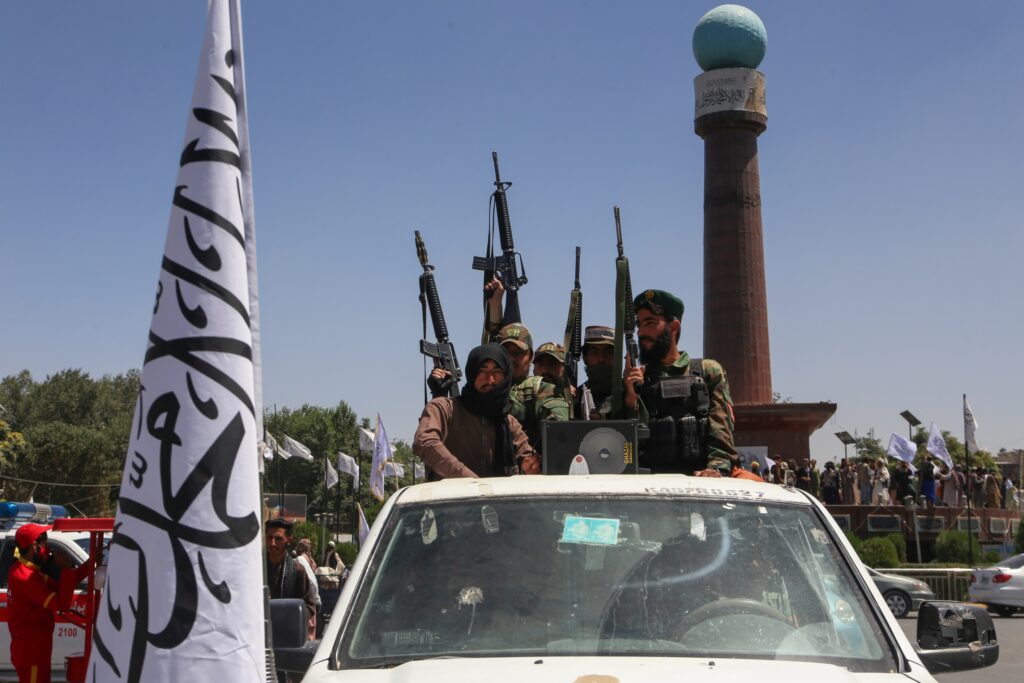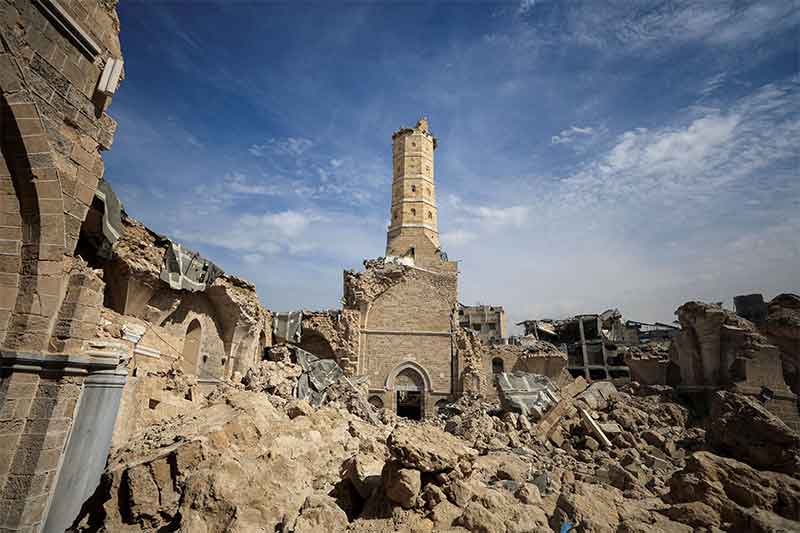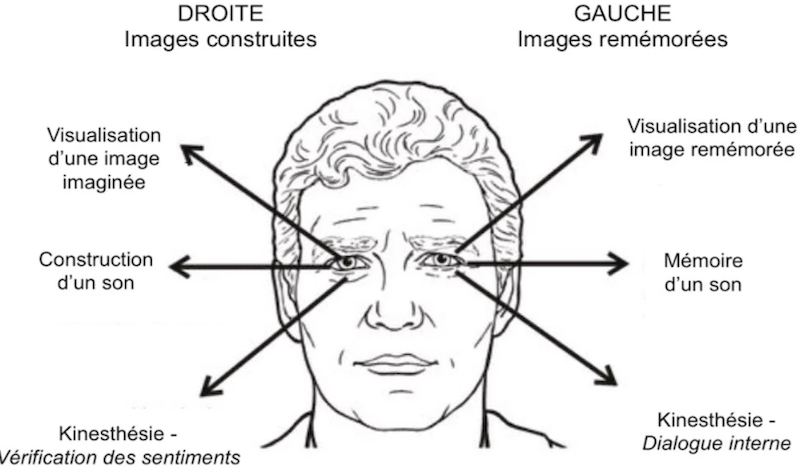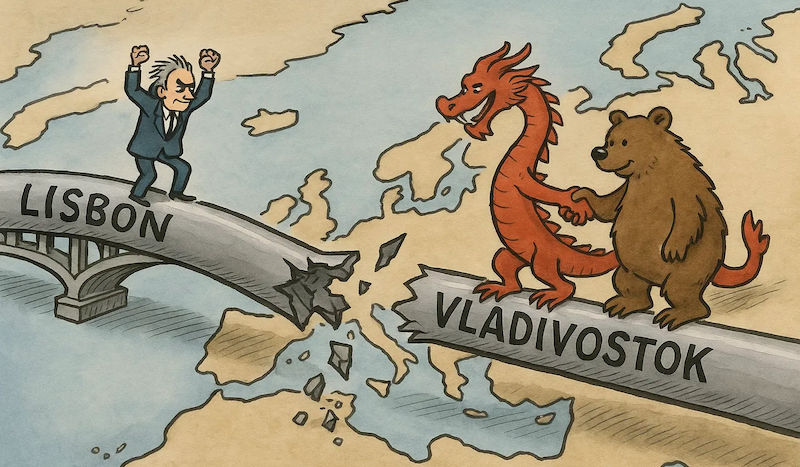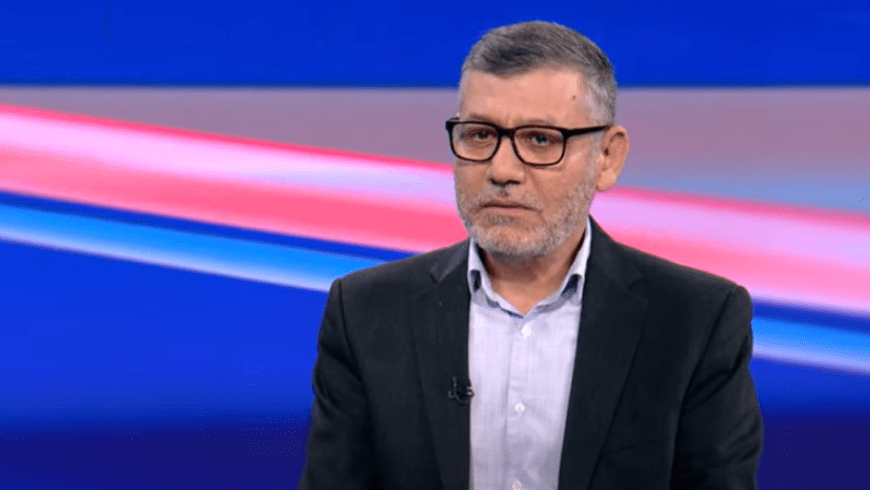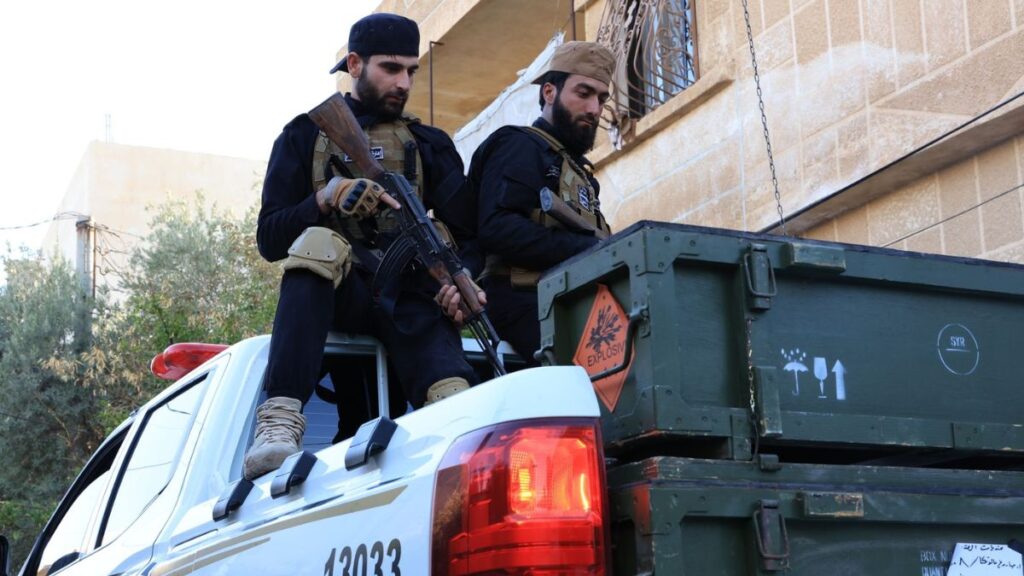Mali : Des jihadistes liés à Al-Qaïda et à l’Algérie incendient des camions-citernes
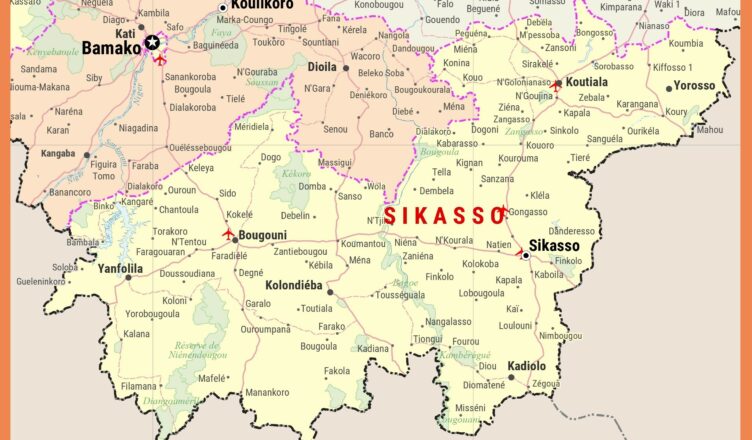
Un groupe armé ouest-africain affilié à Al-Qaïda a incendié plusieurs camions-citernes au Mali ce week-end, selon des vidéos authentifiées par une source sécuritaire. Cette attaque s’inscrit dans une tentative des jihadistes de resserrer leur emprise sur l’économie malienne, en interdisant l’importation de carburant depuis les pays voisins.Les camions, en provenance de la Côte d’Ivoire, ont été pris pour cible dans la région de Sikasso, au sud du pays.

